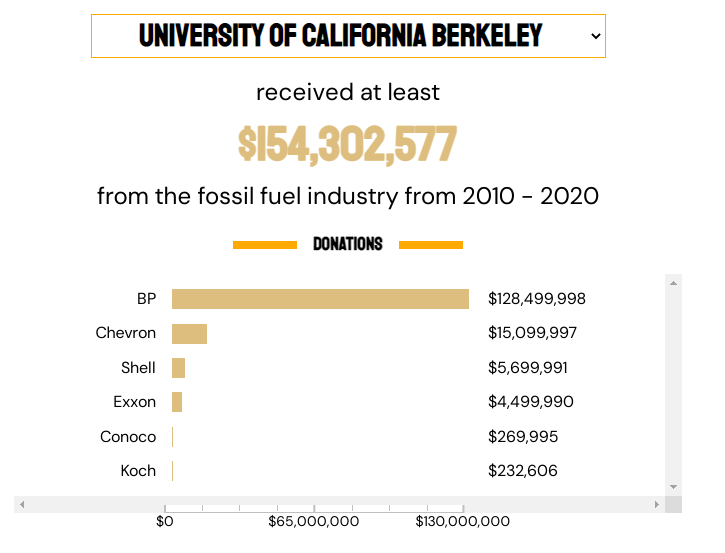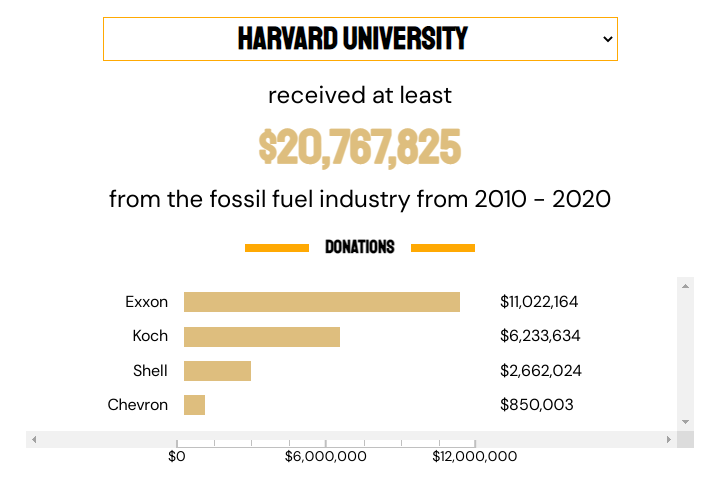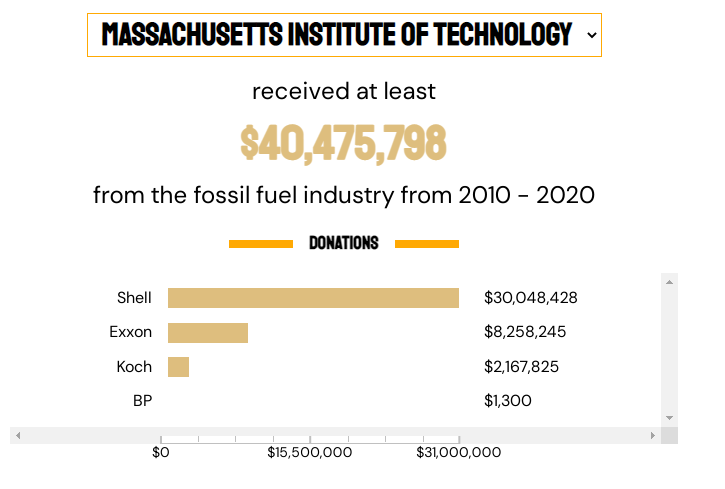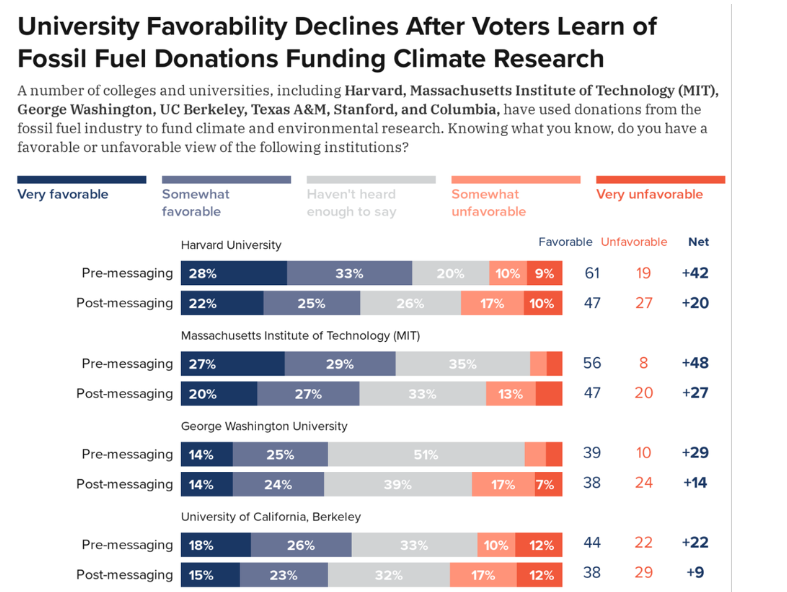The fight against climate change requires a clear understanding of the problem. However, a new report by Data For Progress and Fossil Fuel Research suggests this understanding might be clouded by industry influence as it reveals a troubling trend: fossil fuel companies are donating millions to fund climate research at major universities.
This raises concerns about the objectivity of that research and its potential impact on climate policy.

Numbers Don’t Lie: Fossil Fuel Profits and Emissions
The report paints a stark picture. Fossil fuel combustion is the culprit behind a staggering 73% of U.S. greenhouse gas emissions and a whopping 89% globally. While the planet suffers, fossil fuel companies rake in profits. In 2021 alone, these companies enjoyed a combined $205 billion windfall, with executives pocketing a cool $394 million.
It seems these profits aren’t just fueling luxury lifestyles – they’re also being used to potentially manipulate climate research. Universities like , California, Harvard, MIT, and George Washington have become unwitting recipients of hundreds of millions of dollars from key fossil fuel players.



Funding Bias: Shaping Research and Policy
Six fossil fuel companies funneled over $700 million to 27 U.S. universities between 2010 and 2020. This funding might influence not just research agendas, but also national policy on climate solutions.
These industry-favored solutions often focus on technologies like biofuels, carbon capture, and hydrogen. Additionally, according to the report, oil majors have invested in research that promotes deregulation in the energy sector.

Transparency Needed: Protecting Research Integrity
The report, compiled from IRS filings, university reports, and media coverage, offers a glimpse into the potential web of influence woven by fossil fuel money. While not perfect, it underscores the need for greater transparency in research funding.
“These research projects have real-life implications,” says Bella Kumar, lead author of the report. She points out how industry-funded research has “re-centered natural gas in the conversation about renewables,” potentially diverting attention from more sustainable solutions.
Universities have a responsibility to ensure the integrity of their research. By shedding light on the potential for bias, this report can spark a crucial conversation about safeguarding climate science and ensuring a future powered by clean energy solutions.
Reference- The Guardian, Report titled Accountable Allies: The Undue Influence of Fossil Fuel Money in Academia (2024), Clean Techinca, BBC






